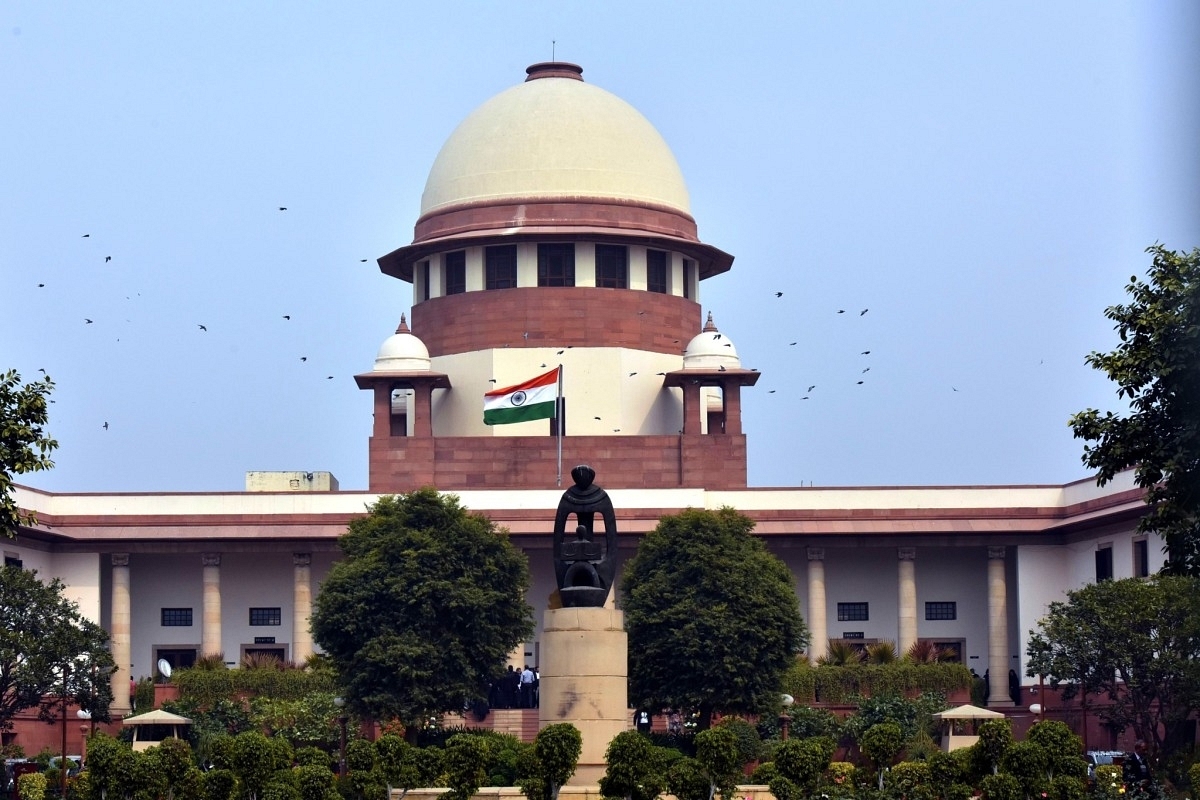News Brief
Collegium Clears The Appointment Of Firdosh Phiroze Pooniwala As Bombay HC Judge, Overruling Intelligence Bureau’s Objection

The Supreme Court of India. (Sonu Mehta/Hindustan Times via Getty Images)
The Supreme Court Collegium on Tuesday (2 May) overruled the Intelligence Bureau’s (IB) objection to the selection of attorney Firdosh Phiroze Pooniwala as a Bombay High Court judge.
The collegium noted in its resolution that IB had objected to the candidature of Pooniwala by flagging an article written by an advocate under whom Pooniwala used to work as a junior.
The article was written in 2020 and expressed concern over the supposed lack of freedom of speech and expression in the country in the last few years.
The collegium further held that the views expressed by the said junior of Pooniwala have no bearing on his own competence, ability, or credentials for appointment as a judge of the High Court.
“Junior counsel are not in an employer-employee relationship with their senior. While they are associated with the chamber, they are free to do their own work and entitled to independent legal practice,” the resolution said.
It also emphasised the minority status of Pooniwala, who is a Parsi Zoroastrian.
The collegium, consisting of Chief Justice of India D Y Chandrachud and justices Sanjay Kishan and K M Joseph, took note of the IB report which states that while he is not affiliated with any political party, the questions on his political views remain the same.
The collegium also suggested the names of Jitendra Shantilal Jain and Shailesh Pramod Brahme for appointment to the Bombay High Court as judges along with Pooniwala.
The IB also raised concern about Jain’s work in a senior taxation official’s chambers. The collegium chose to ignore this too.
The collegium has repeatedly ignored IB’s reports in the past too, in the case of advocates Saurabh Kirpal, Somashekhar Sundaresan and John Satyan.
In Satyan’s case, the collegium even ignored IB’s argument that he had published a piece online that was critical of the Prime Minister.
Law Minister Kiren Rijiju has also expressed displeasure over the collegium’s decision to ignore IB inputs. Putting secret or sensitive reports of the RAW or IB in the public domain is a matter of grace concern which I will react at an appropriate time” he said at the time.
Support Swarajya's 50 Ground Reports Project & Sponsor A Story
Every general election Swarajya does a 50 ground reports project.
Aimed only at serious readers and those who appreciate the nuances of political undercurrents, the project provides a sense of India's electoral landscape. As you know, these reports are produced after considerable investment of travel, time and effort on the ground.
This time too we've kicked off the project in style and have covered over 30 constituencies already. If you're someone who appreciates such work and have enjoyed our coverage please consider sponsoring a ground report for just Rs 2999 to Rs 19,999 - it goes a long way in helping us produce more quality reportage.
You can also back this project by becoming a subscriber for as little as Rs 999 - so do click on this links and choose a plan that suits you and back us.
Click below to contribute.
Latest